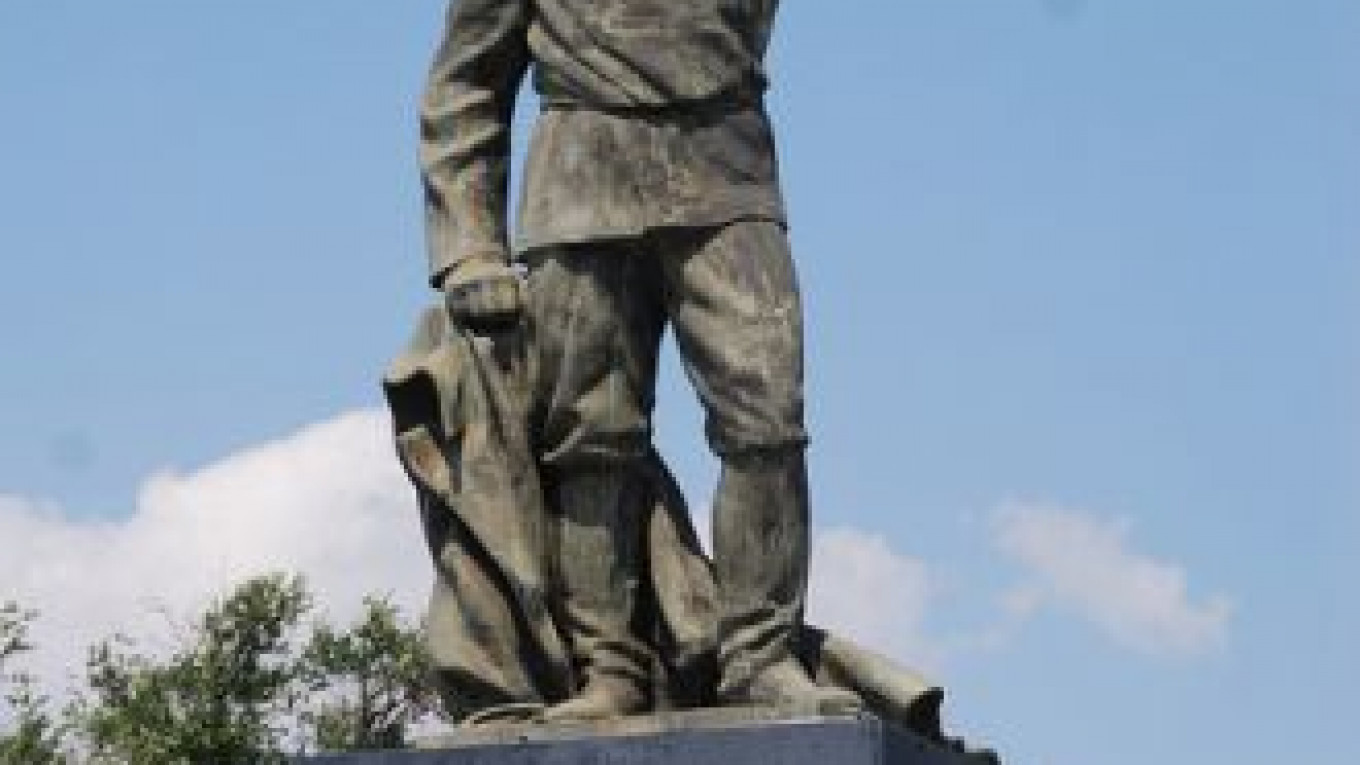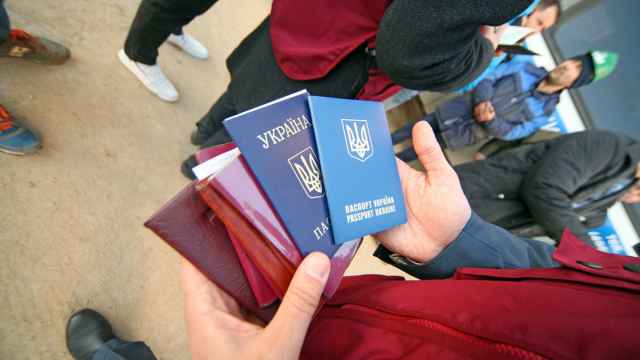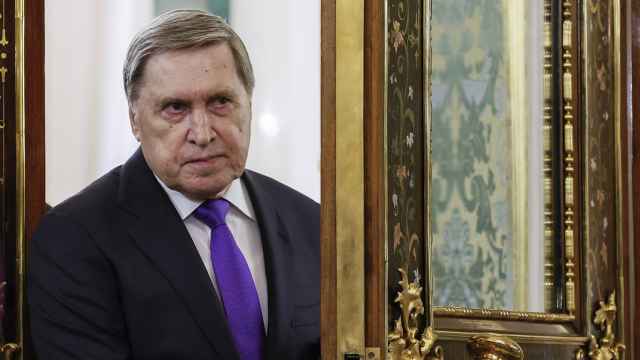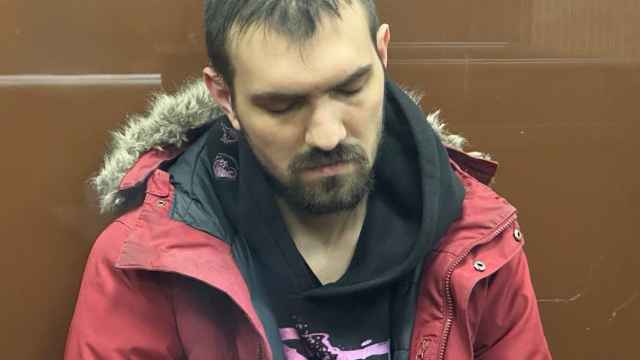Moscow legislators backtracked on claims that they are considering the return of a monument honoring the founder of the Soviet secret police to the center of the city.
The city parliament made no plans concerning the return of the statue of Felix "Iron Felix" Dzerzhinsky, legislature speaker Vladimir Platonov said on Ekho Moskvy radio Saturday.
City lawmakers have no right to pitch such initiatives anyway and can only rule on their funding, said Platonov, a member of the ruling United Russia party.
Fellow city lawmaker Andrei Metelsky said earlier Saturday that the Dzerzhinsky statue was a historical landmark and could return to its place in front of the Federal Security Service's headquarters on the downtown Lubyanka Square after the monument's restoration, which will cost taxpayers 50 million rubles ($1.5 million).
Metelsky, also a United Russia member, denied the return of Dzerzhinsky within hours, saying that he was only stating a personal opinion that was misinterpreted by journalists.
Interestingly, Metelsky said the ultimate decision on a statue's installation should rest with the city residents, while Platonov specifically stressed they have no say in what statues the officials decide to adorn Moscow with.
Moscow City Duma faces elections next September. United Russia, whose ratings are flagging, has recently banked on ultraconservative policies such as limiting gay rights and promoting Soviet nostalgia in what pundits say are an attempt to rally its core traditionalist constituency.
Dzerzhinsky founded in 1917 the Cheka secret police, responsible for mass tortures and executions during the Russian Civil War.
The agency was known as the KGB from 1954 to 1991 and survived under the current name of the Federal Security Service, though losing some of its functions.
The statue of Dzerzhinsky was put up in 1958 and brought down during perestroika in 1991 in a now-iconic outburst of public disaffection with Communism. It has since been kept in the Muzeon city park, known as the "graveyard of memorials."
A Message from The Moscow Times:
Dear readers,
We are facing unprecedented challenges. Russia's Prosecutor General's Office has designated The Moscow Times as an "undesirable" organization, criminalizing our work and putting our staff at risk of prosecution. This follows our earlier unjust labeling as a "foreign agent."
These actions are direct attempts to silence independent journalism in Russia. The authorities claim our work "discredits the decisions of the Russian leadership." We see things differently: we strive to provide accurate, unbiased reporting on Russia.
We, the journalists of The Moscow Times, refuse to be silenced. But to continue our work, we need your help.
Your support, no matter how small, makes a world of difference. If you can, please support us monthly starting from just $2. It's quick to set up, and every contribution makes a significant impact.
By supporting The Moscow Times, you're defending open, independent journalism in the face of repression. Thank you for standing with us.
Remind me later.






